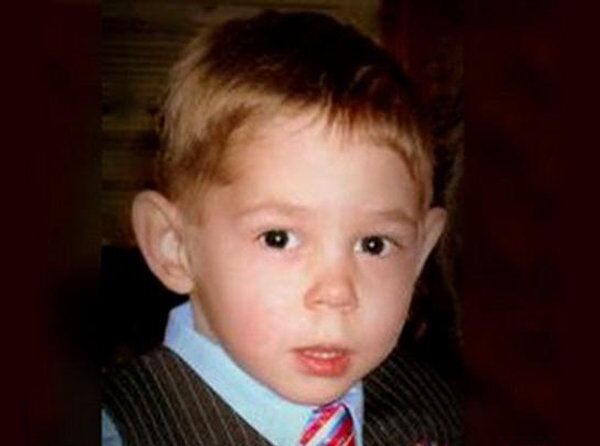MOSCOW, April 4 (RIA Novosti) - Russian investigators have received from US authorities materials in the case of Russian adoptee Max Shatto, who died in Texas in January, the Russian Investigative Committee reported Thursday.
“With assistance from Russia’s Foreign Ministry, investigators have received copies of materials in the probe into the boy’s death in the United States [police reports, examination results, autopsy protocol and other documents],” the committee said.
“The documents are currently being translated into Russian. Once the translation is finished, a forensic medical examination would be scheduled immediately to determine the mechanism of injury infliction and the reasons for Maxim Kuzmin’s death,” it said in a statement.
Max Shatto, the three-year-old Russian adoptee, also known by his Russian name Maxim Kuzmin, died on January 21. According to an autopsy report obtained by the Odessa American (OA) newspaper, he had more than 30 bruises on his body in different stages of healing at the time of his death.
According to the report, Max’s adoptive mother Laura Shatto said she was with him outside, then went inside the house for a short while and returned to find Max on the ground, unresponsive, near some playground equipment. She told investigators he had a history of losing consciousness from holding his breath, and that’s what she initially thought he was doing.
Max died just weeks after Russia enacted a ban on Americans adopting Russian children, in part due to concerns about previous deaths of adopted Russian children. Americans have adopted an estimated 60,000 Russian orphans over the last 20 years, and at least 20 of those children have died.
The ban was part of Russian legislation passed shortly after Washington adopted the so-called Magnitsky Act, which introduced sanctions against Russian officials the United States suspects of abusing human rights. A spokesman for President Vladimir Putin said the Magnitsky Act had triggered the adoption ban.
Investigators said the boy’s death - from a ruptured artery in his abdomen - was accidental, but they could not say what caused the injury. A grand jury presented with evidence in the case in March declined to indict either one of the parents, a move that outraged some Russian officials.
Russia’s children's rights ombudsman Pavel Astakhov said Russia will continue to pursue legal action because parents leaving a child unattended are committing a crime.


